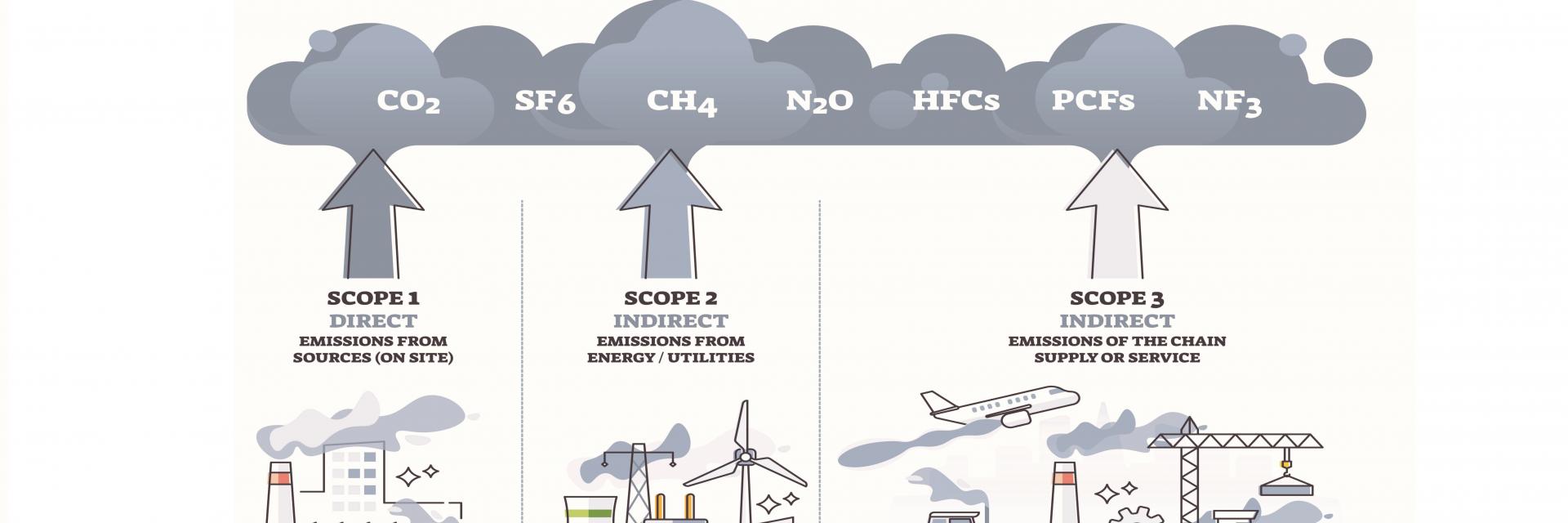Addis Ababa, August 3, 2023 – The United Nations Economic Commission for Africa (ECA) welcomes the election of Jim Skea, of the of the United Kingdom, as the new Chair of the Intergovernmental Panel on Climate Change (IPCC). The ECA also congratulates Prof. Skea and all the new members of the IPCC Bureau on their election. We note that this election marks the beginning of the 7th Assessment Cycle of the IPCC, which comes at a particularly critical juncture when the existential threat posed by climate change to our planet are starkly pronounced, especially for Africa where adverse climate change impacts are estimated to be costing the continent an average of 5% of GDP per year. At the same time, the challenges posed by climate change, together with the right support and partnerships, can be a growth opportunity for Africa, capitalizing on its abundant clean energy resources and transition minerals.
The ECA acting Executive Secretary, Mr. Antonio Pedro, noted that the African region is well represented in the new leadership team, and looks forward to partnering with IPCC on regional climate science and research issues in the context of the 7th Assessment Report.
ECA notes that in their approval of the sixth cycle IPCC assessment synthesis report, many governments emphasized the need for alignment of the IPCC assessment cycle with the UNFCCC global stocktake. We therefore anticipate that the seventh assessment cycle scheduled for the next five to seven years starting July 2023, will focus on improving the implementation of the Paris Agreement to ensure achievement of the 1.5 degrees target of global climate policy, and that the seventh assessment report will feed into the second GST in 2028. In this regard, ECA notes that Africa remains the most vulnerable continent to the accelerating impacts of climate change, and that to address this situation, the continent requires greater and more consistent access to sustainable climate finance to build resilience and also to achieve its Sustainable Development Goals in the context of its Agenda 2063. ECA’s African Climate Policy Centre (ACPC) - in collaboration with the African Union Commission, the African Development Bank, and the Pan African Climate Justice Alliance (PACJA), and with the support of partners such as the Embassy of Sweden in Ethiopia, the Africa Climate Foundation, Foreign, Commonwealth & Development Office (UK-FCDO), the World Bank, the Nordic Development Fund, the NDC Hub and other partners - continues to support African member States with the implementation of enhanced NDCs and on policies that integrate climate resilience in development planning.
On behalf of the Technology, Climate Change and Natural Resources Management Division of ECA, Mr. Nassim Oulmane called on the IPCC’s new leadership team to ensure that its 7th Assessment Report produces outcomes that better inform efforts to shield the region’s economic development from the increasingly devastating climate extremes.
ECA calls upon the incoming Chair of the IPCC to work with his bureau to advance the scientific basis of climate change policy, building upon the key findings of the 6th Assessment Report, specifically that:
- The pace and scale of climate action are insufficient to tackle climate change.
- Multiple, feasible, and effective options are available to reduce greenhouse gas emissions and adapt to human-caused climate change.
- Enabling conditions include finance, technology, capacity building, and international cooperation.
The ECA recognizes that Africa’s contributions to the IPCC assessment reports continues to be marginal, due to low investments in research and development, limited access to scientific publication processes, and other capacity challenges. That is why, together with WMO, AUC, AfDB and the Global Framework for Climate Services (GFCS) and in collaboration with the African Academy of Sciences(AAS), with initial funding support from the UK-FCDO, ECA operationalised the Climate for Development in Africa (CR4D) programme to enhance the quantity and quality of climate research from Africa feeding into the IPCC process (see https://www.uneca.org/cr4d). We therefore look forward to supporting Africa’s contributions to the IPCC process and urge the IPCC Chair to urgently address these shortcomings to enhance the contributions of African scientists and policy analysts to global climate policy and governance, and thereby contribute to resilience building on the continent. In this regard, ECA assures Prof. Skea of our continuing support towards achieving his priorities which he outlined to delegates at the IPCC elections, ”…. I will pursue three priorities – improving inclusiveness and diversity; shielding scientific integrity and policy relevance of IPCC assessment reports; and making effective use of the best available science on climate change. My actions as the Chair of the IPCC will ensure that these ambitions are realized.”
Finally, your term of office coincides with the implementation of the African Union Climate Change and Resilient Development Strategy and Action Plan (2022-2032). The successful implementation of this strategy, which will undergird the continent’s efforts towards building resilience over the next decade, will depend on the availability of relevant and accessible scientific information. ECA will support the IPCC’s seventh assessment cycle to ensure it backstops this strategy as a contribution towards its successful implementation.

